Staying fit and healthy through flu season: How to avoid colds in athletes
Flu season has begun, and for athletes, it's especially important to strengthen their immune system to stay healthy and perform at their best. During the colder months, the immune system is often weakened because we spend a lot of time indoors, and training can put additional strain on it. But with the right measures, you can effectively support your immune system.
A balanced diet as a foundation
A vitamin-rich, varied diet is the foundation for a strong immune system. Vitamins A, C, D, and E, as well as the minerals zinc, iron, and selenium, are particularly important, as they specifically strengthen your immune system. Seasonal winter vegetables such as cabbage, beets, and root vegetables provide valuable nutrients and antioxidants. Vitamin C, for example, can significantly reduce the risk of catching a cold and is abundant in citrus fruits, rosehips, and bell peppers. Gut health also benefits from fiber in fruits, vegetables, and whole grains, thus providing additional support for the immune system.
Cold protection and regeneration
After training, it's essential to protect yourself from the cold to prevent your body from cooling down too much and thus weakening your immune system. Warm, breathable clothing and quickly changing out of wet clothes are crucial. Fresh air, even during the heating season, also helps keep mucous membranes moist and improves your immune defenses.
Sufficient sleep and a conscious approach to stress are other important factors for a strong immune system during flu season.
Adjusting the training volume
Training intensity should be carefully adjusted during flu season to avoid overloading the immune system and thus prevent infection. Here are some important recommendations:
Reduce training intensity and volume
During flu season, it's advisable to slightly reduce training intensity and volume. Sessions that are too intense or too long can temporarily weaken the immune system and increase susceptibility to infections. Moderate training, around 150 minutes per week at a medium intensity, is recommended, as it strengthens the immune system without overtaxing it.
Plan sufficient recovery periods.
Recovery is crucial: Schedule more rest and sleep periods to support your immune system. At the first sign of illness, immediately reduce or pause your training to avoid putting additional strain on your body.
Training methods vary
Low-impact activities such as yoga, gentle cycling or walks are good ways to stay active during flu season without putting too much strain on the immune system.
Pay attention to body signals
Listen carefully to your body. Fatigue, lethargy, or a sore throat are warning signs to reduce your training volume or take a break.
***
With a balanced diet, a well-designed training program, and proven protective measures, you're ideally equipped to stay healthy and perform at your best even in the coldest months. Keep it up and focus on comprehensive cold protection and proper recovery – your immune system will thank you!
SportBrennstoff wishes you a healthy and successful season!


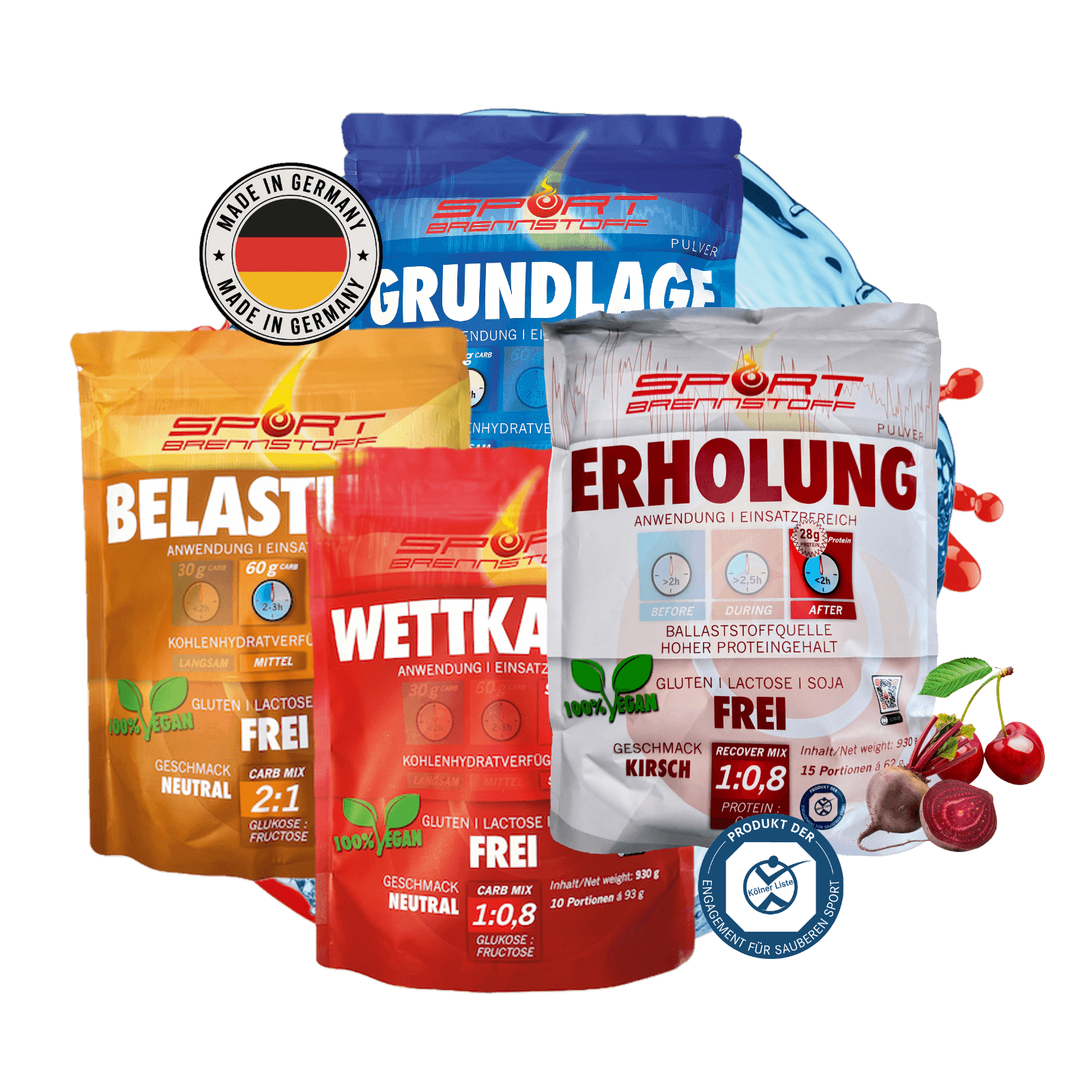


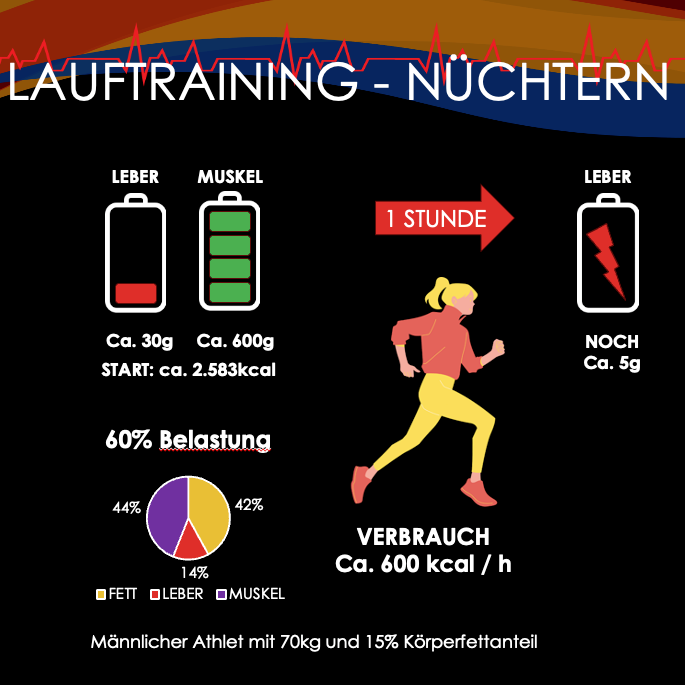

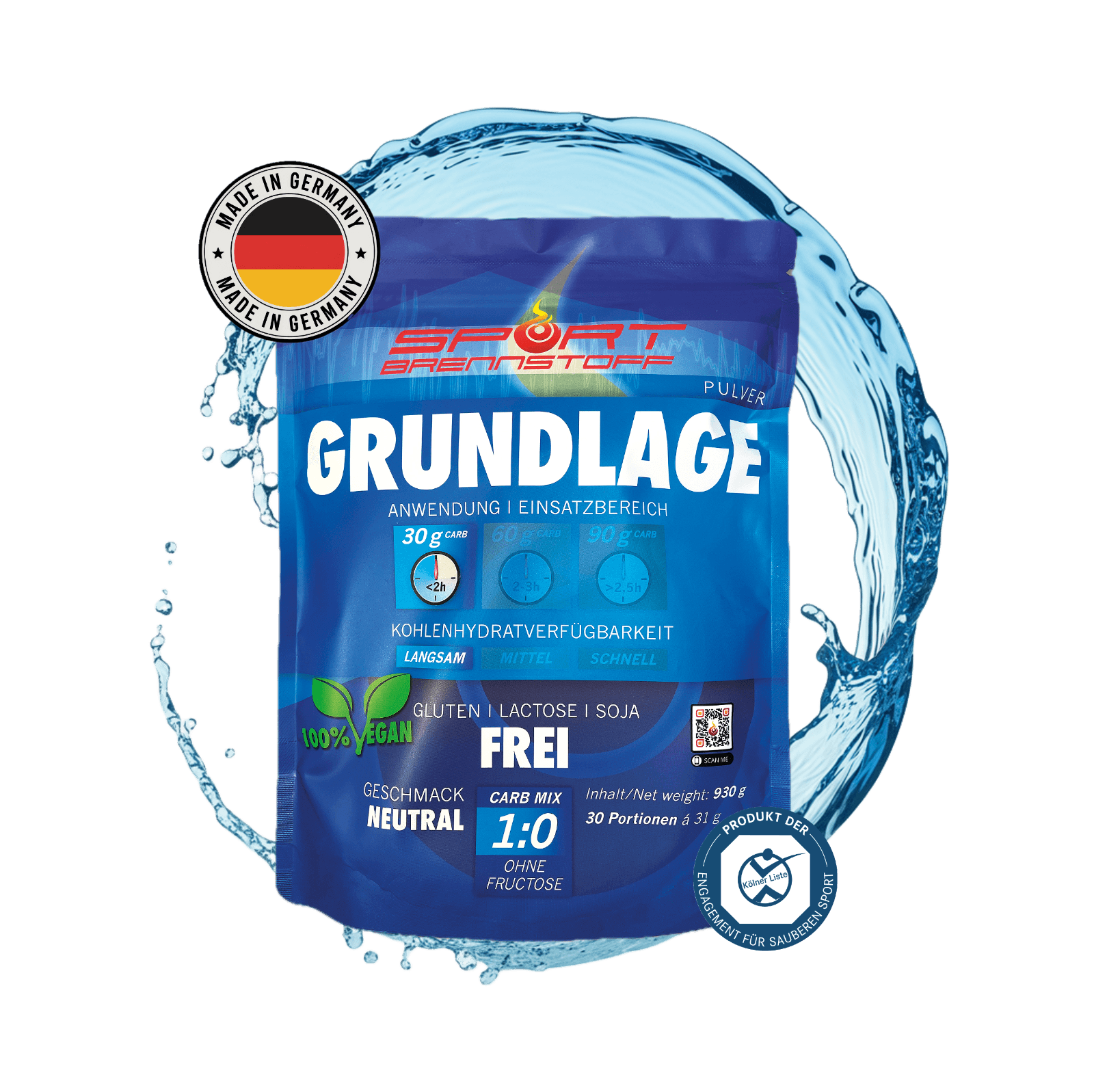

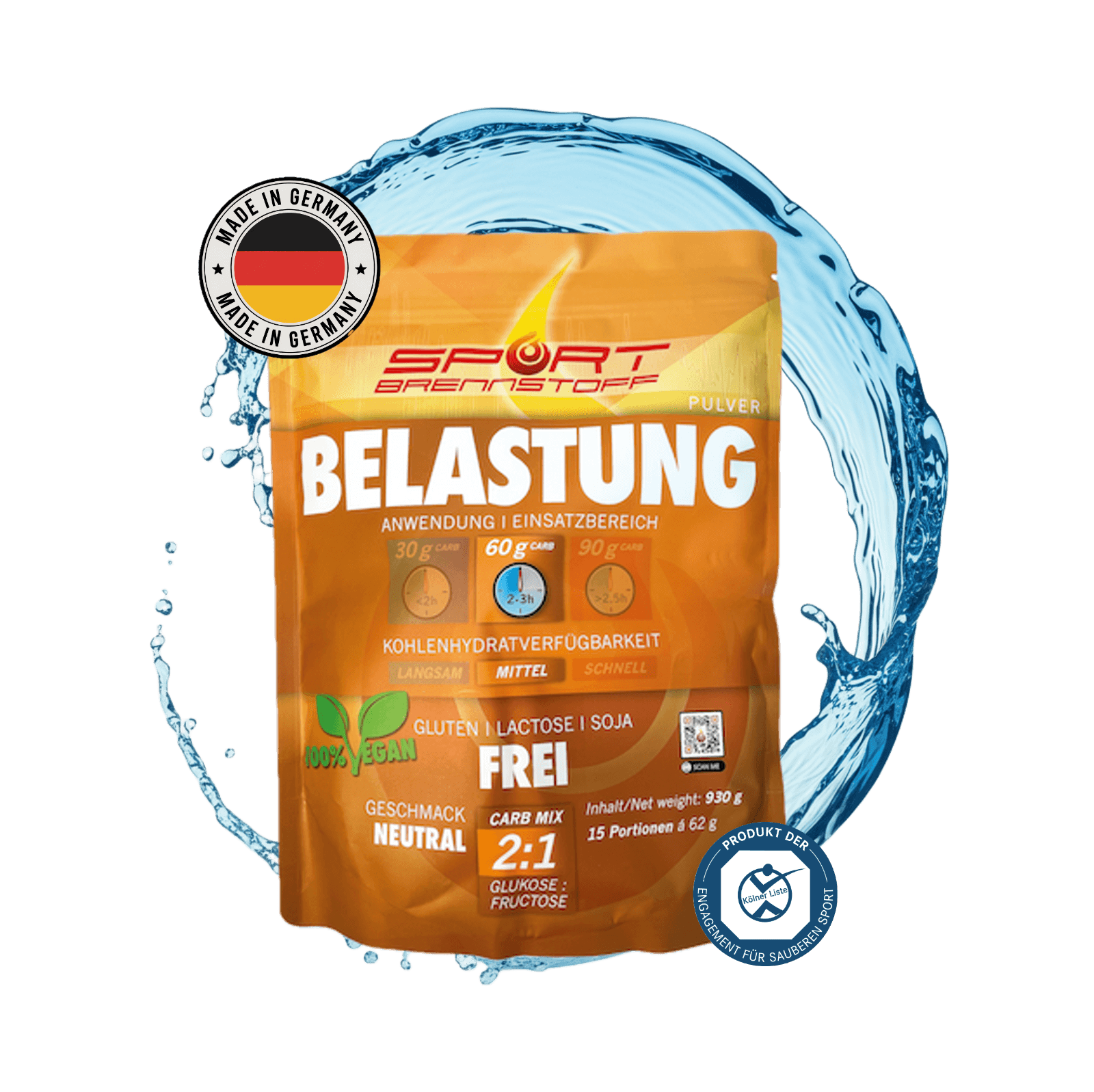

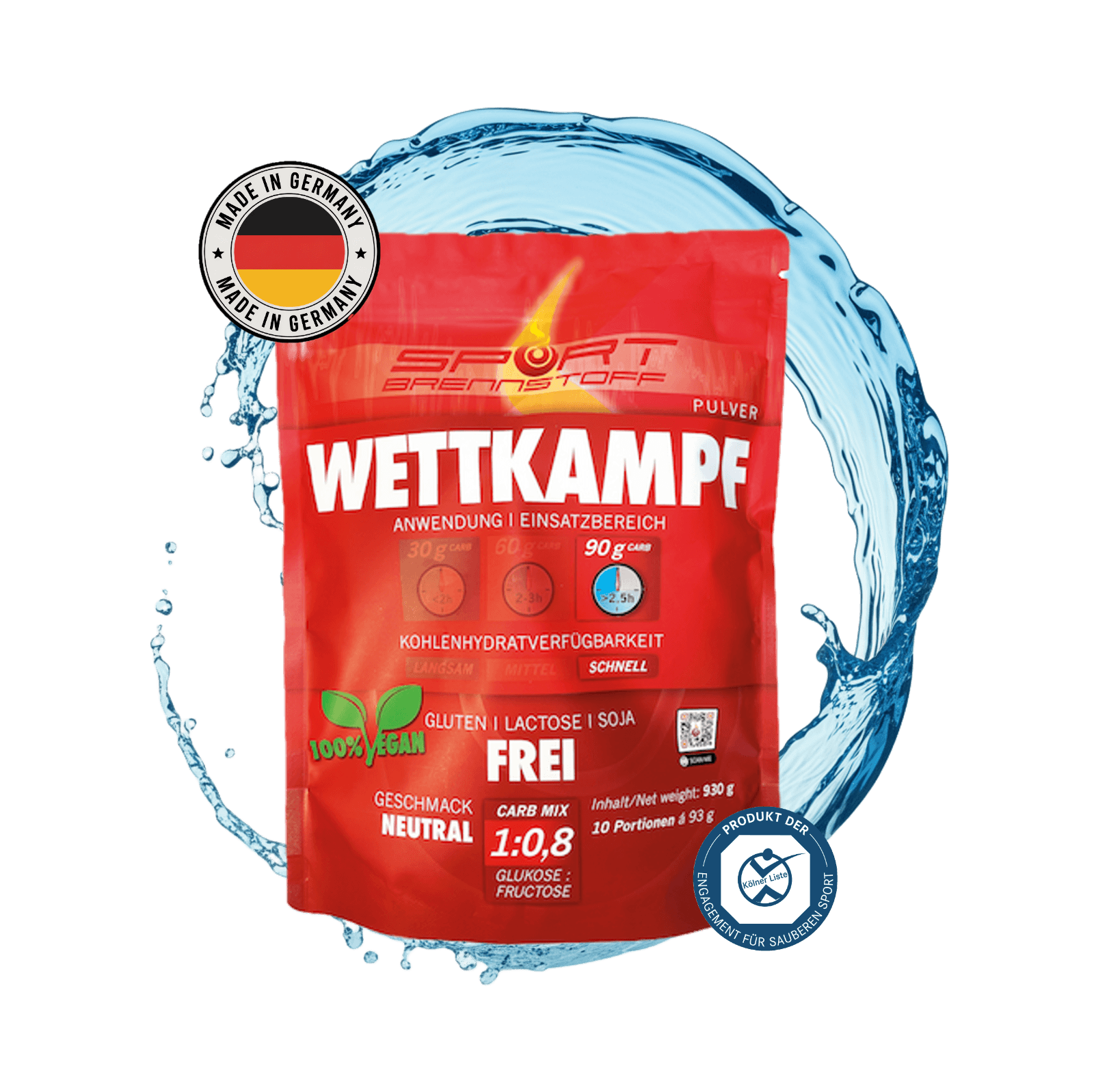

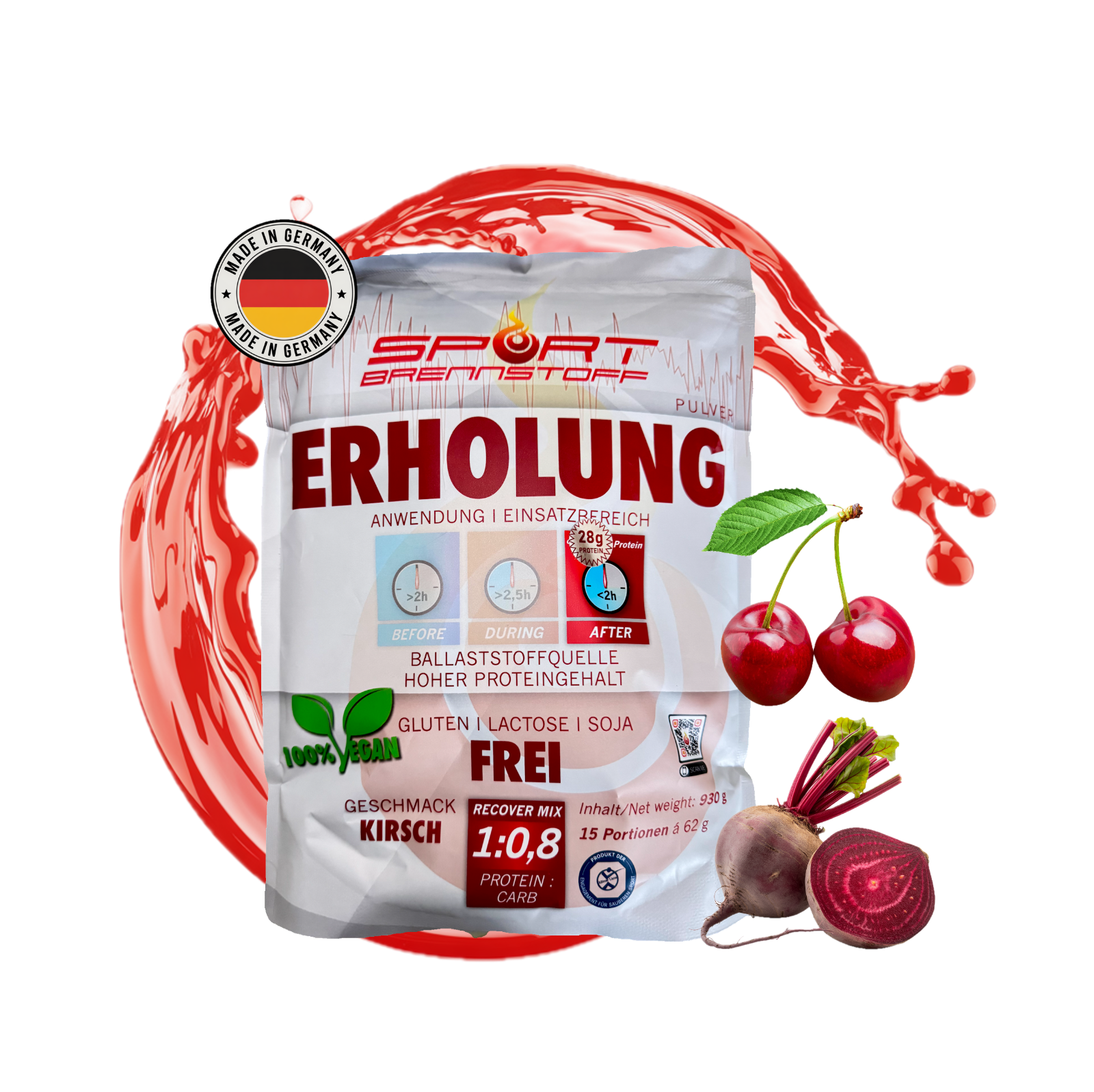






Leave a comment
All comments are moderated before being published.
This site is protected by hCaptcha and the hCaptcha Privacy Policy and Terms of Service apply.